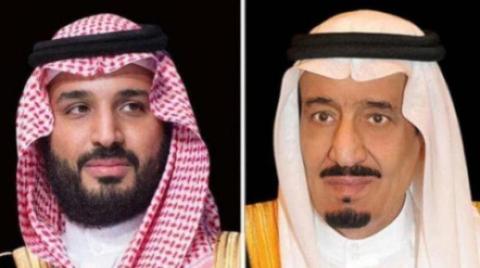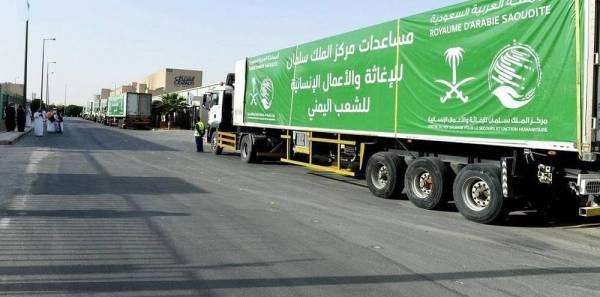
Saudi Arabia said on Sunday it deposited $250 million with the Sudanese central bank, according to a statement from the kingdoms ministry of finance.
Saudi Arabia and the United Arab Emirates pledged to send $3 billion worth of aid to Sudan, after mass protests led to the ouster of President Omar al-Bashir last month.
The move will strengthen Sudans "financial position, alleviate pressure on the Sudanese pound and achieve more stability in the exchange rate, the statement said.
In a related development, Sudanese protest leaders said Sunday they will insist a civilian runs a planned new governing body in new talks with army rulers, as Islamists warn against excluding sharia from the political roadmap.
The Alliance for Freedom and Change is determined that the countrys new ruling body be "led by a civilian as its chairman and with a limited military representation", it said in a statement.
The protesters umbrella group said talks would resume with the military council -- which has ruled Sudan since Bashir was deposed on April 11 -- at 9:00 pm (1900 GMT) on Sunday.
Talks over a transfer of power by the generals have repeatedly stalled, resulting in international pressure to return to the table after the generals suspended negotiations earlier this week.
The generals insist the new body be military-led but the protest leaders demand a majority civilian body.
On Sunday the protest movement raised the ante by insisting that the ruling body should be headed by a civilian.
The military council is headed by General Abdel Fattah al-Burhan, and the generals have previously said he would lead the new governing body.
Before talks were suspended the two sides had agreed on several key issues, including a three-year transition period and the creation of a 300-member parliament, with two-thirds of lawmakers to come from the protesters umbrella group.
The previous round of talks was marred by violence after five protesters and an army major were shot dead near the ongoing sit-in outside the military headquarters in central Khartoum, where thousands have camped out for weeks.
Initially, the protesters gathered to demand Bashir resign -- but they have stayed put, to pressure the generals into stepping aside.
The protesters had also erected roadblocks on some avenues in Khartoum, paralyzing large parts of the capital, to put further pressure on the generals during negotiations, but the military rulers suspended the last round of talks and demanded the barriers be removed.
Protesters duly took the roadblocks down in recent days -- but they warn they will put them back up if the army fails to transfer power to a civilian administration.
The generals have allowed protesters to maintain their sit-in outside Khartoums army headquarters.












